Top stories
News
Top stories
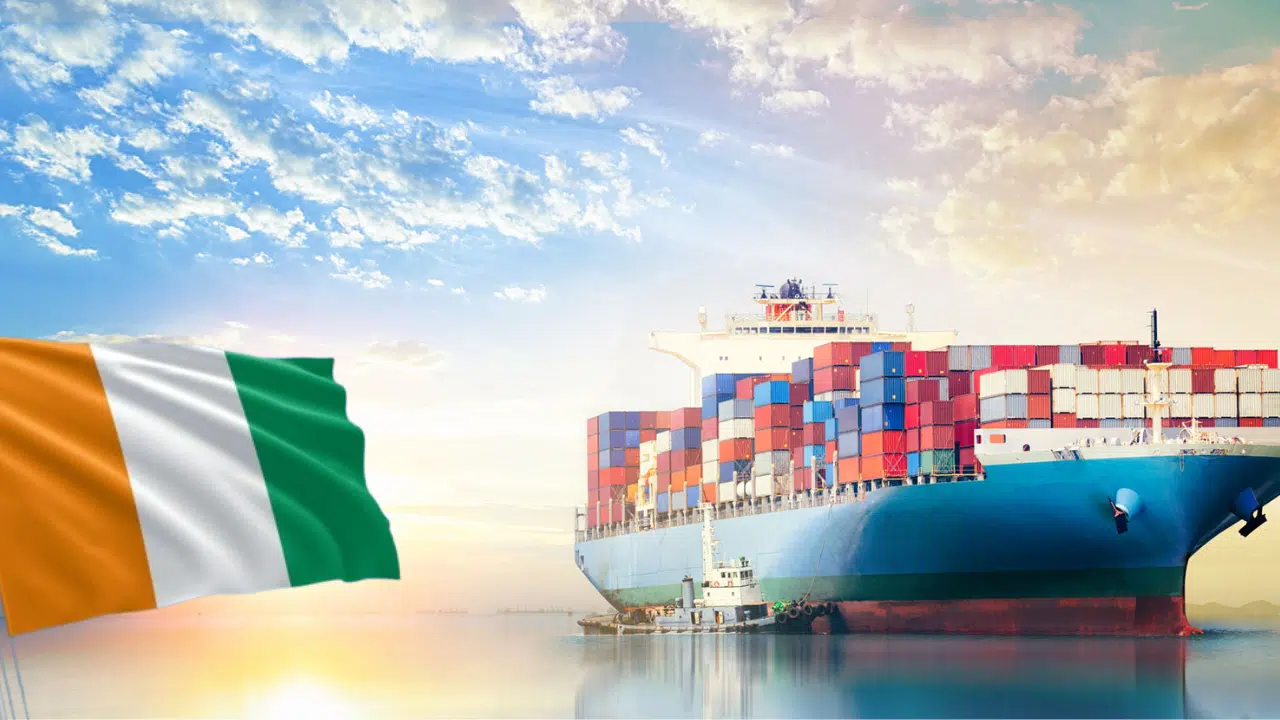
While global commodity markets largely determine cocoa prices, the African nation could raise export taxes on its cocoa shipments to increase revenue, pushing up costs for buyers.
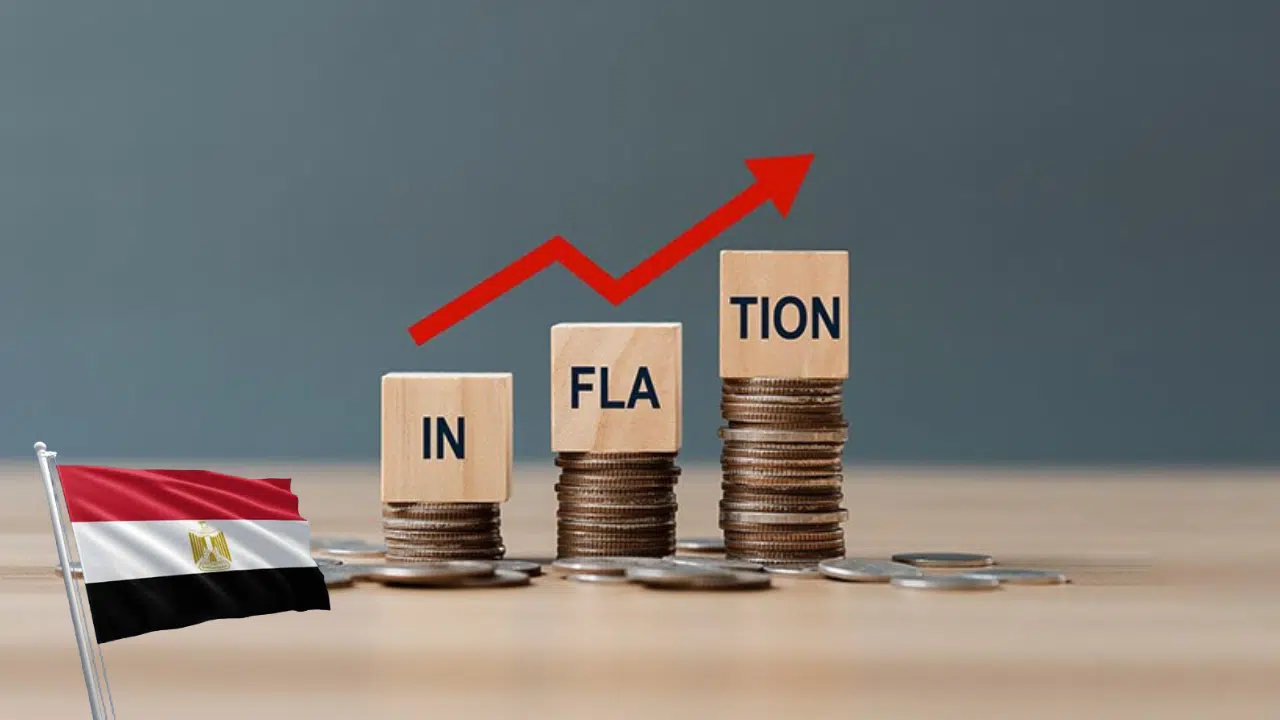
The unexpected uptick in inflation, coupled with global uncertainty stemming from Trump’s newly imposed tariffs, has dimmed hopes of a rate cut by the CBE when it meets on April 17.
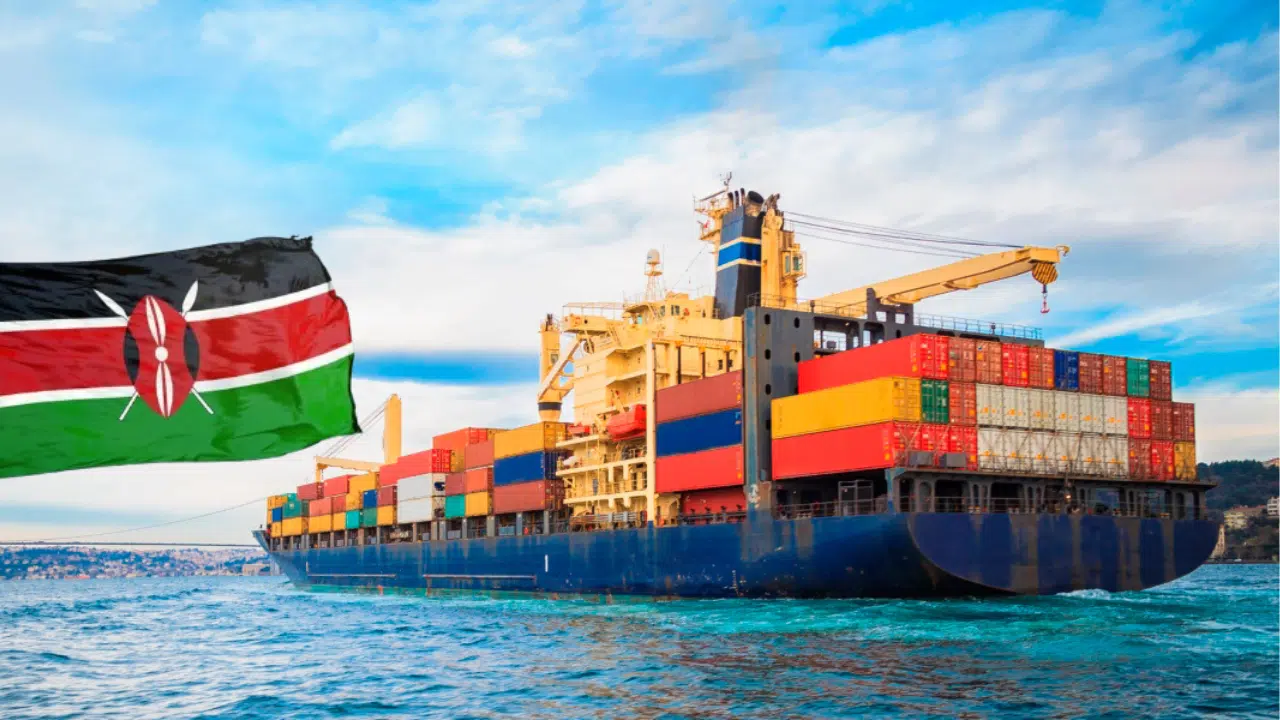
Among African countries hit by Trump’s tariff overhaul, Kenya fared relatively well, receiving the baseline 10% rate—offering it some breathing space amid broader trade disruptions.
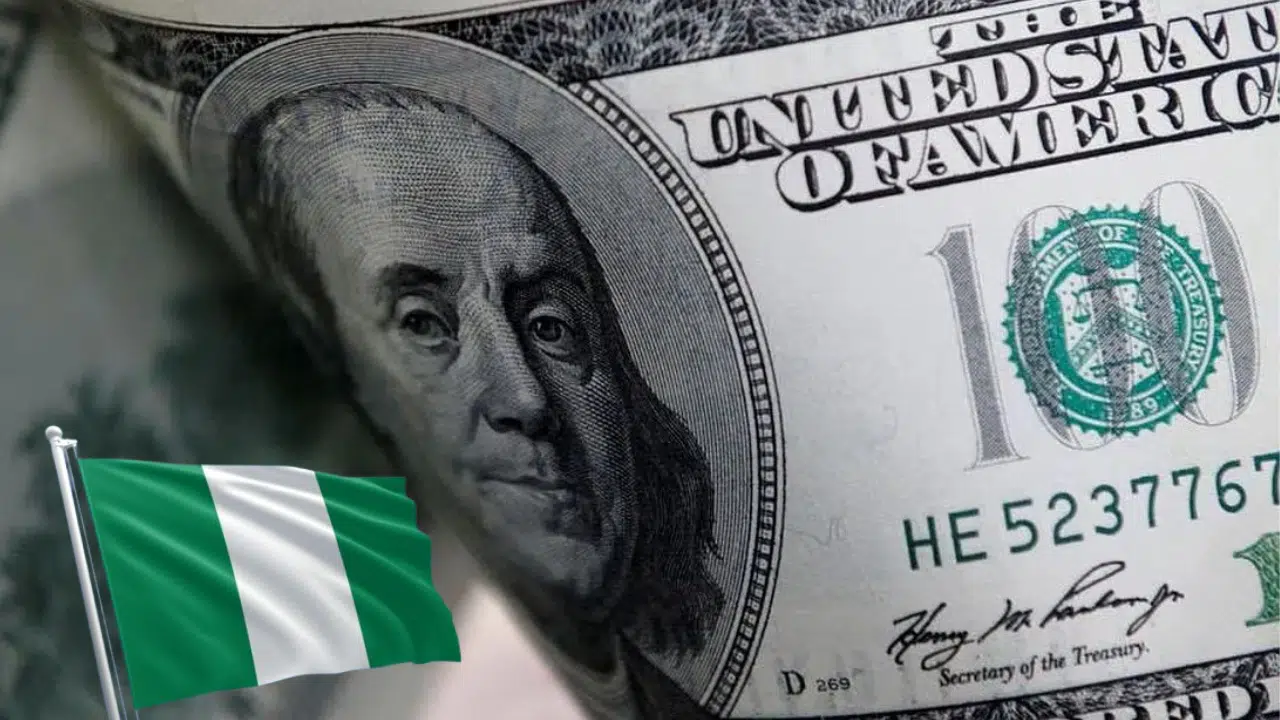
While Nigeria’s portfolio investments more than doubled in 2024, foreign direct investment plummeted to nearly half of the previous year’s figure.
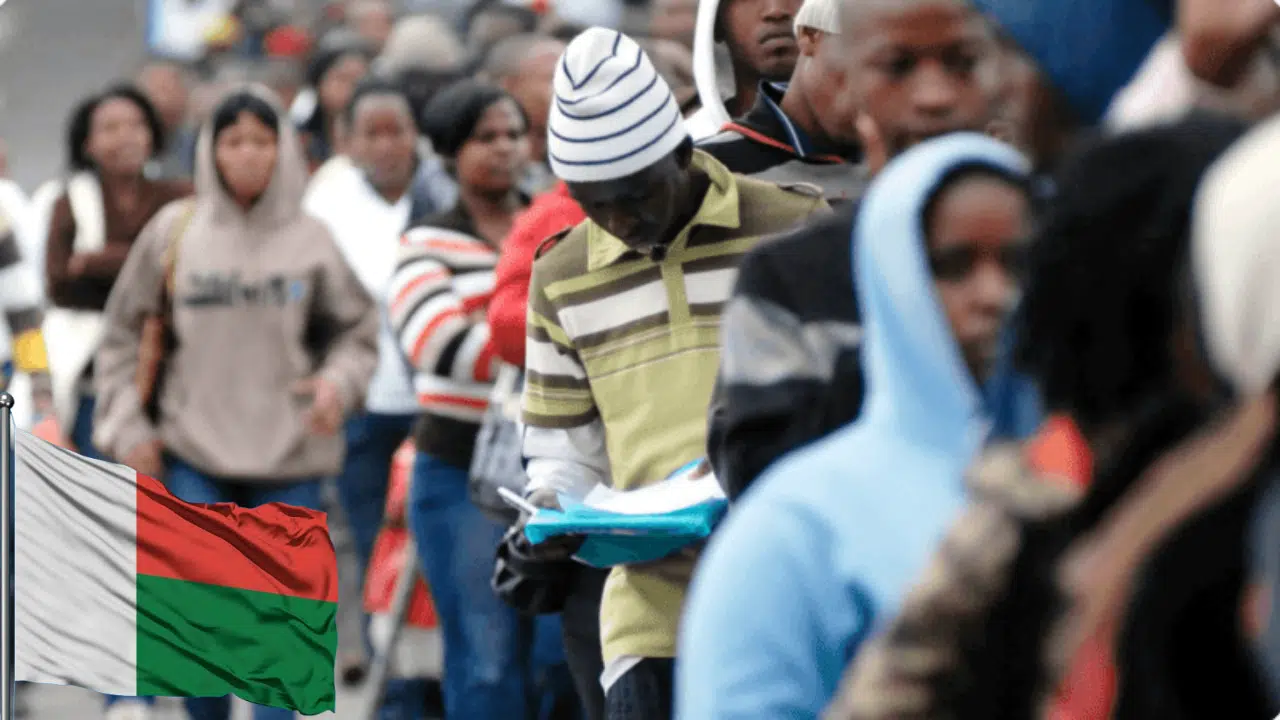
With the island nation already grappling with political instability and poverty, the tariff hike raises concerns over its socio-economic stability and growth prospects.
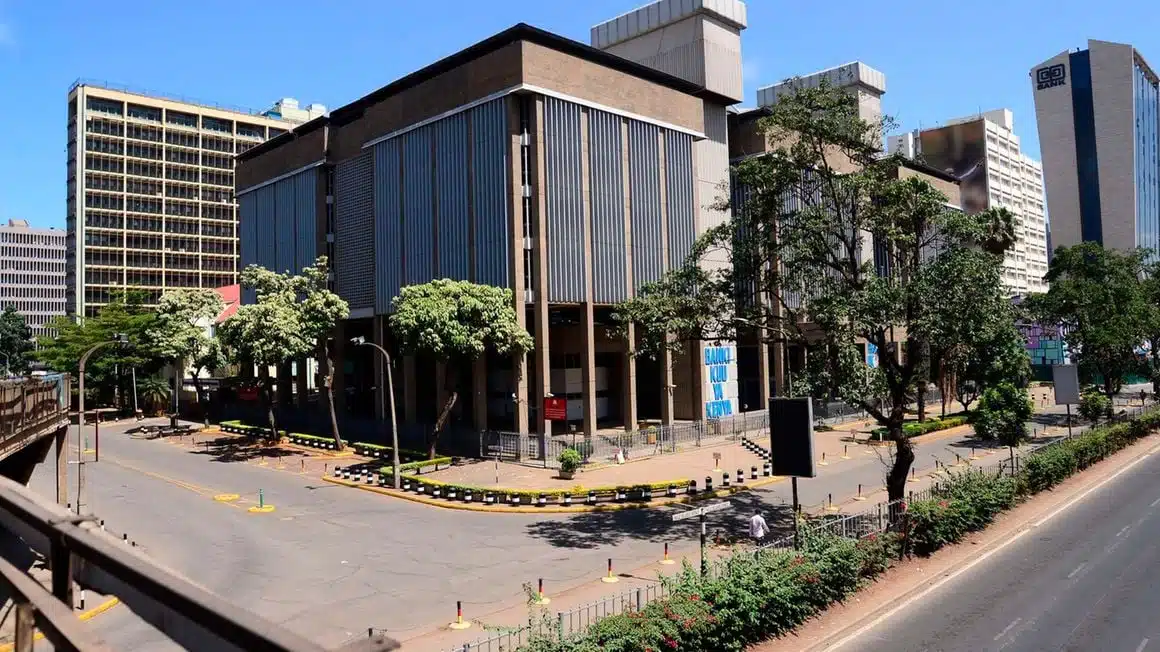
Although private sector lending edged up by 0.2% in March after a February decline, the central bank says borrowing remains sluggish despite falling interest rates since December.
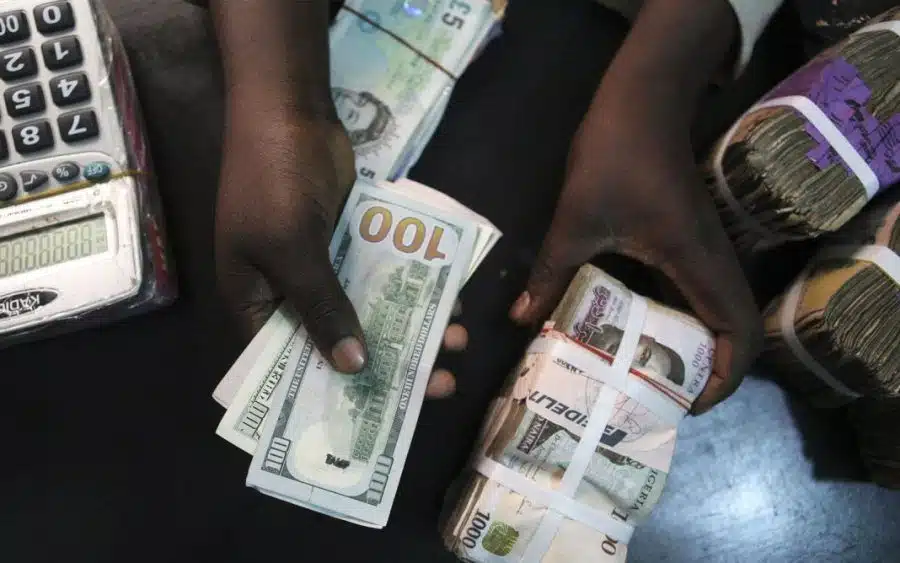
A $19bn FX reserve boost was meant to stabilise Nigeria’s economy. But crude oil is crashing—and with it, the naira and 2025 budget optimism.
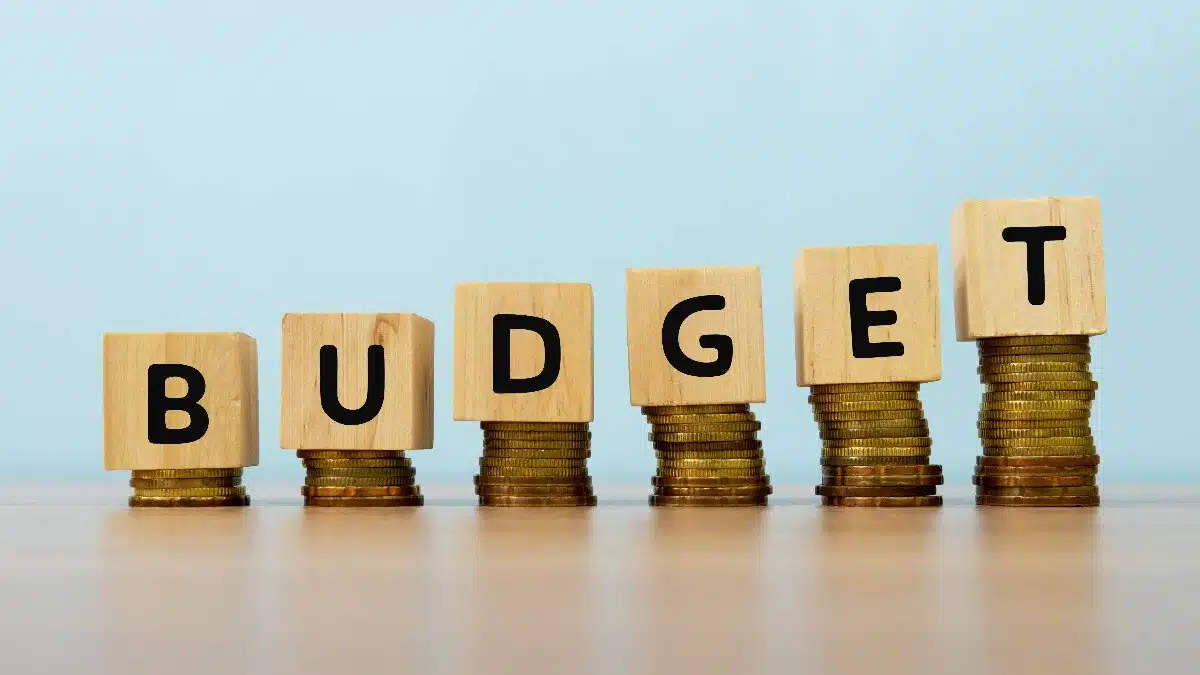
Despite overcoming two major parliamentary hurdles, the budget remains at an impasse as tensions between the country’s biggest political parties escalate
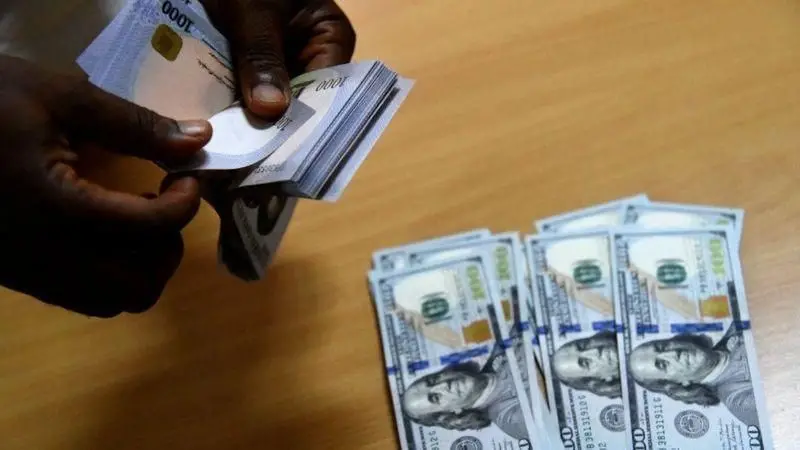
In an effort to stabilise the foreign exchange market and improve liquidity, Nigeria’s central bank launched an aggressive dollar injection drive in the first quarter of the year. But despite the scale of intervention, the naira continued to lose ground.
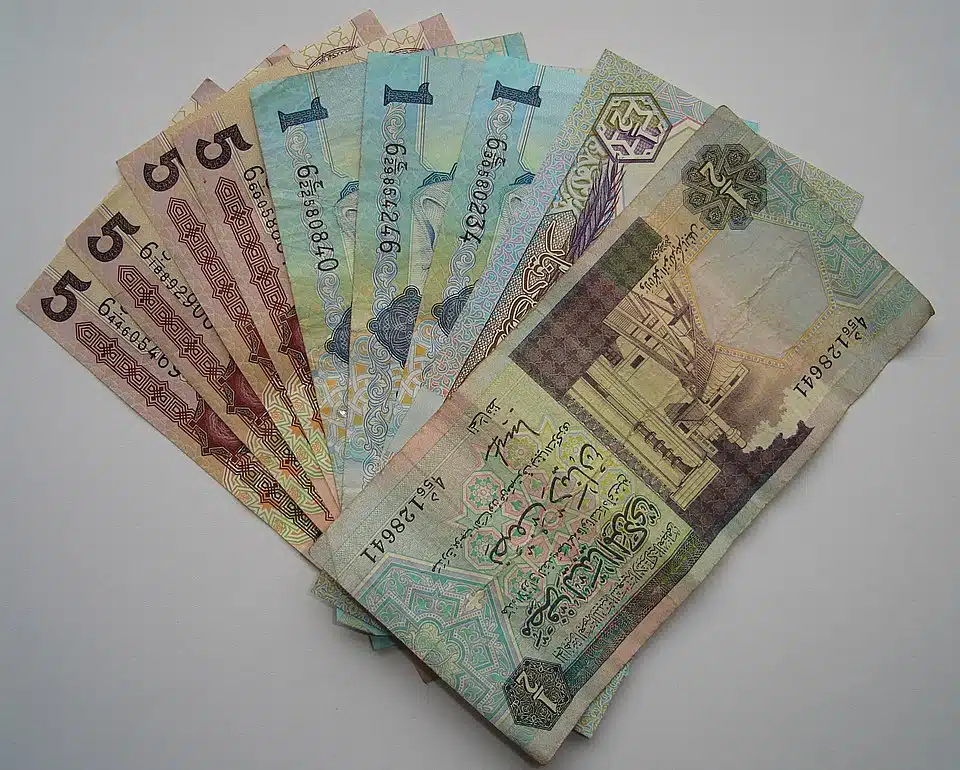
Libya’s second devaluation in 4 years appears targeted at closing the gap between official and black-market exchange rates, but without deeper structural reforms, its impact is likely to be limited.
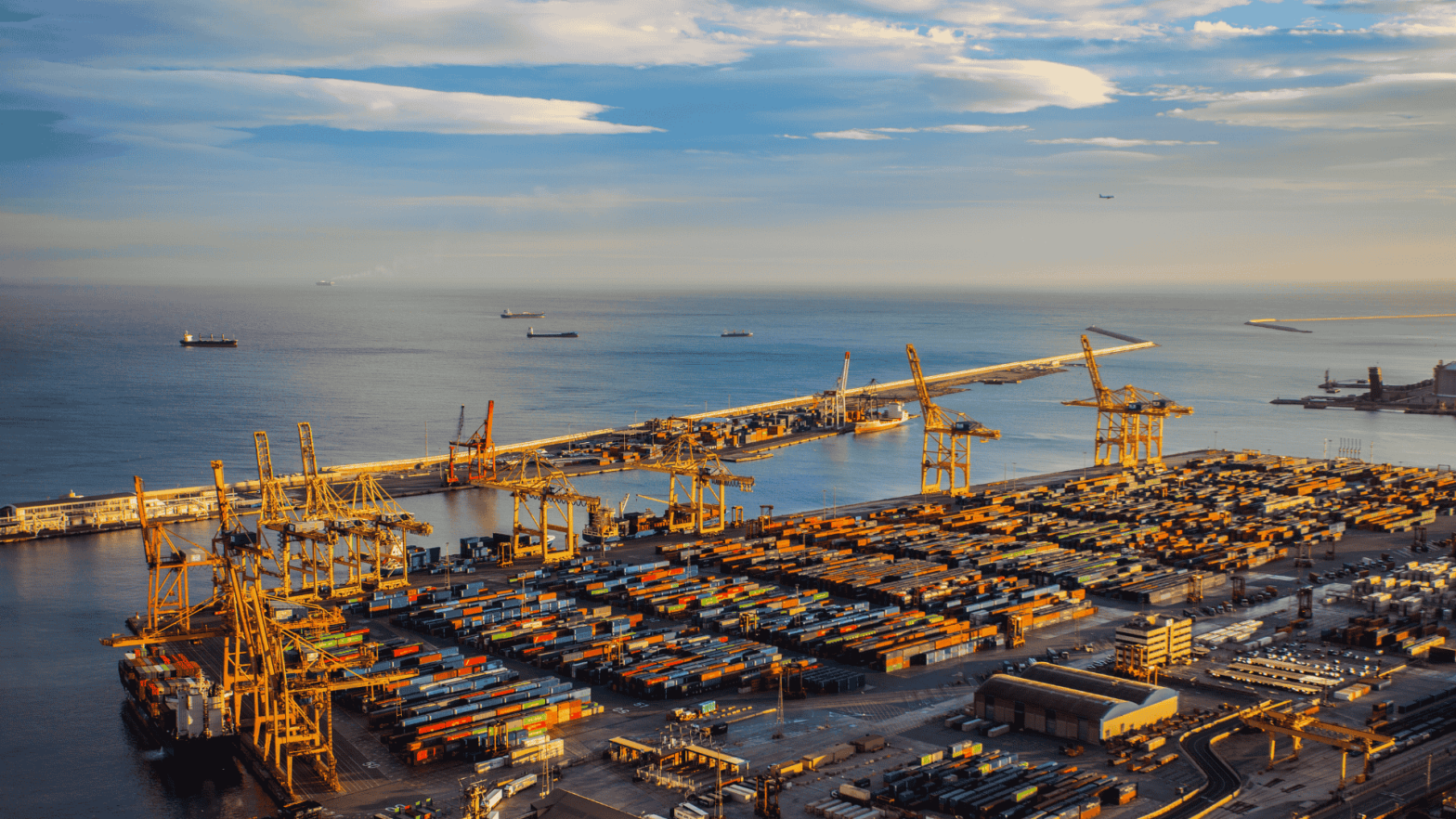
Trump’s new tariff structure, set to take effect on April 9, will hit over 50 African countries—targeting some of the continent’s poorest and most vulnerable economies. The sweeping levies threaten to shake the foundations of long-standing US-Africa trade agreements.
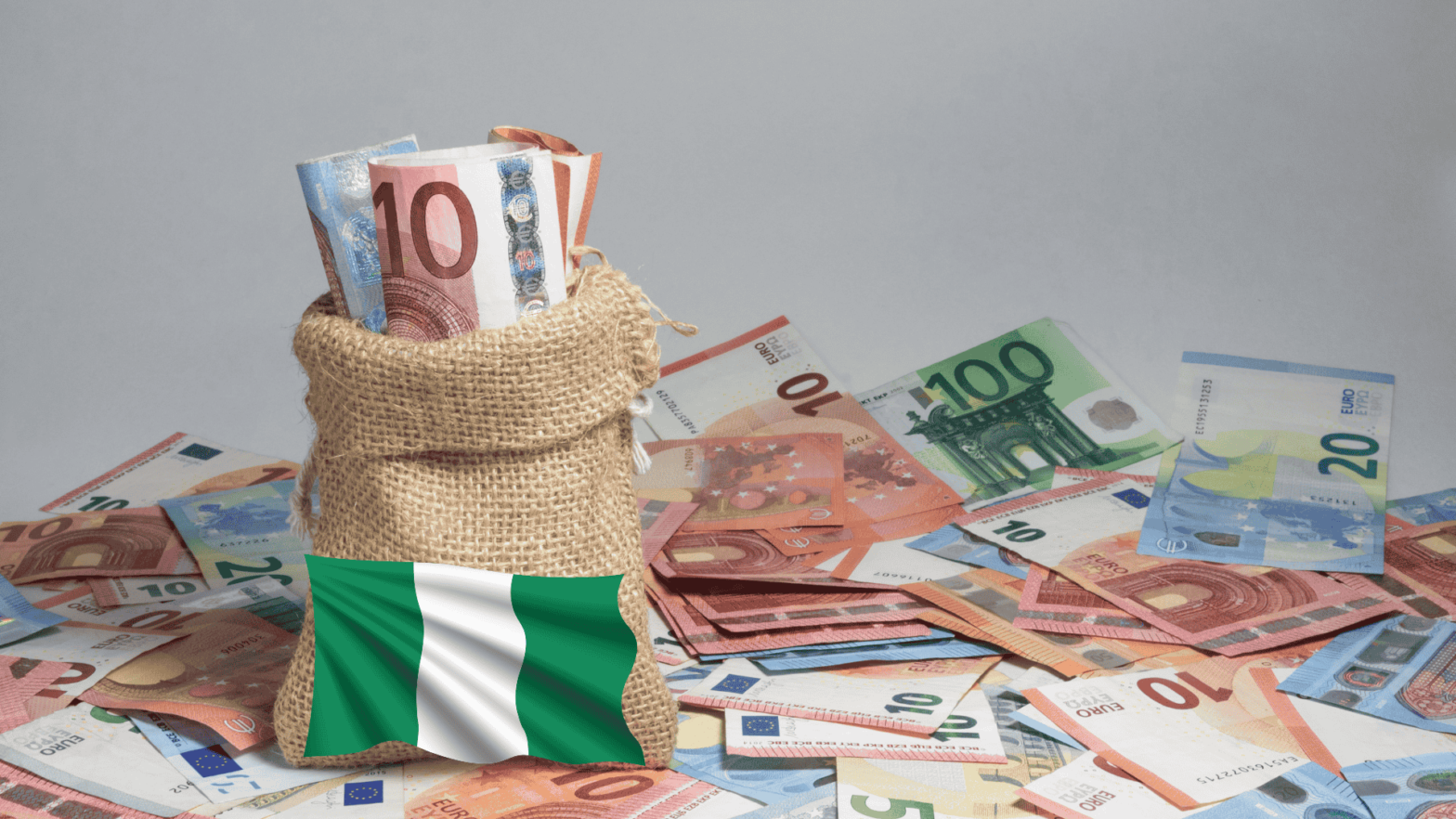
The finance ministry says Nigeria’s delayed Eurobond coupon—due 28 March—was paid within days. Investors had flagged the missed deadline.
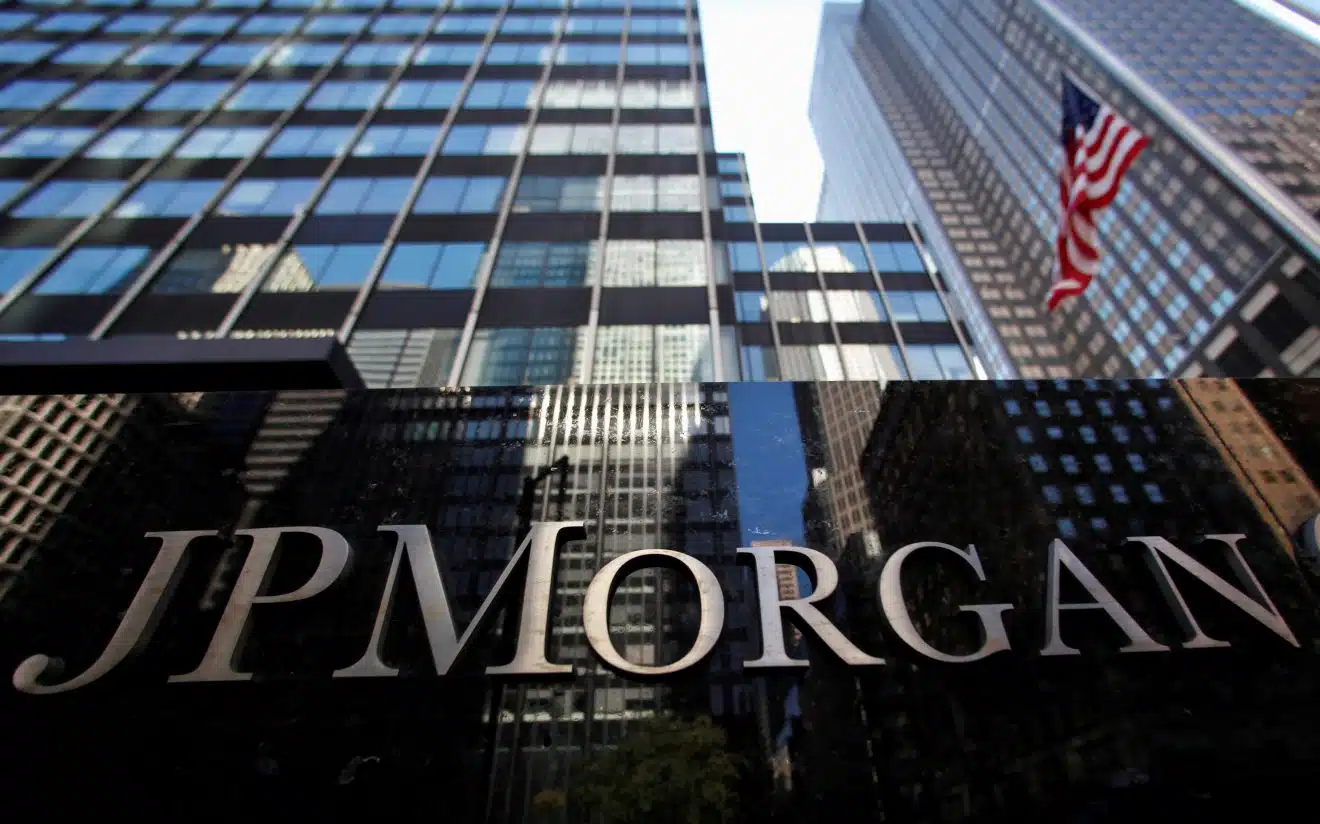
Sixty years after first banking in Lagos, JP Morgan is back—this time with a merchant banking play aimed at Africa’s biggest market. Nigeria just got more interesting for Wall Street.

Despite the expansion, the country’s foreign reserves remain robust, keeping the shilling stable.
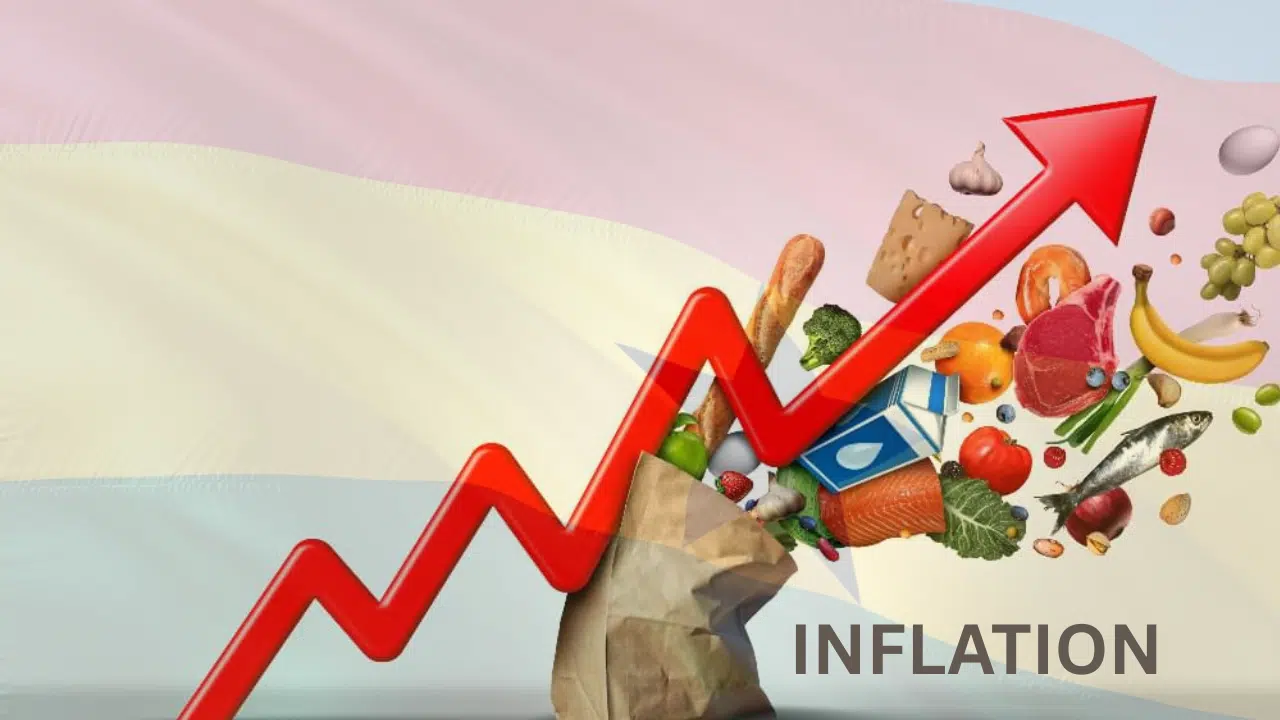
The central bank has indicated it could lower its benchmark rate if inflationary pressures persist in easing.

The path of contentious spending plan remains uncertain despite clearing its first parliamentary hurdle on Tuesday after multiple rejections
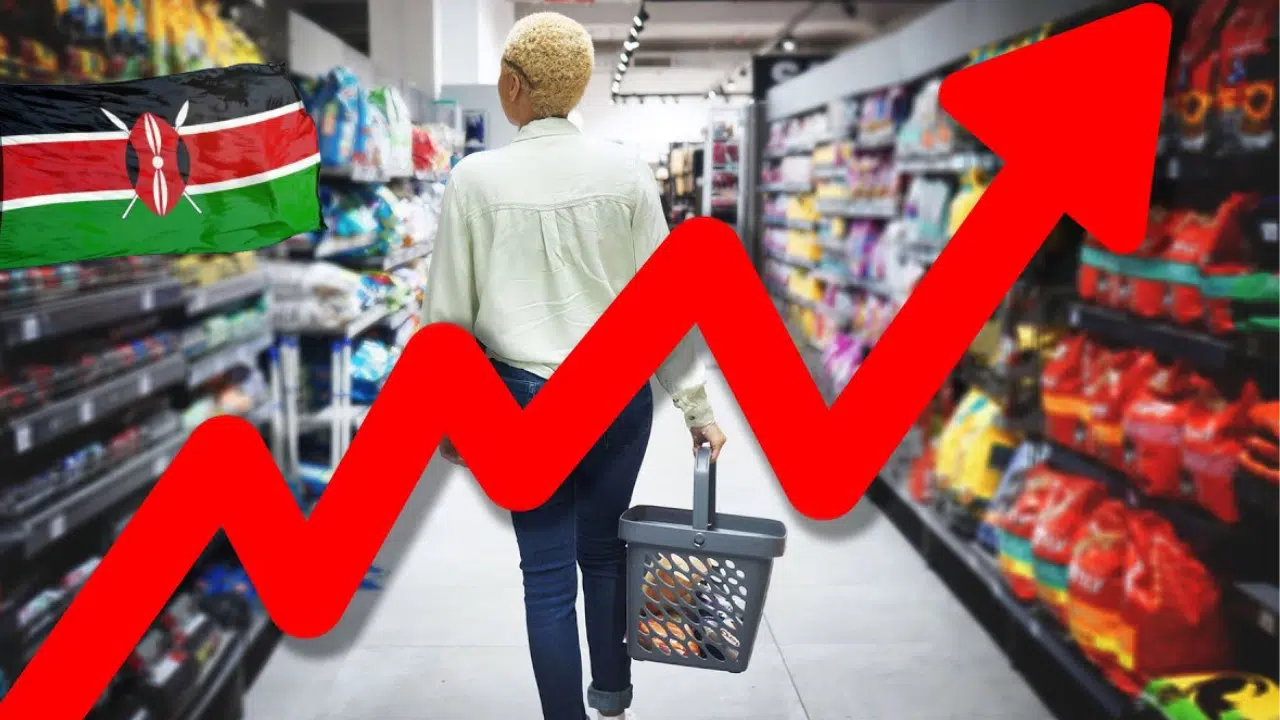
Despite the uptick, inflation has remained below the CBK’s 5% target for the past nine months, largely due to a resilient shilling.

Despite gaining four points in March, the PMI remains below the 50-point threshold, indicating ongoing contraction in the sector.

Before MTN Momo’s cross-border payments, sending money between Ghana and Nigeria could cost anywhere between 8% and 20% in fees.
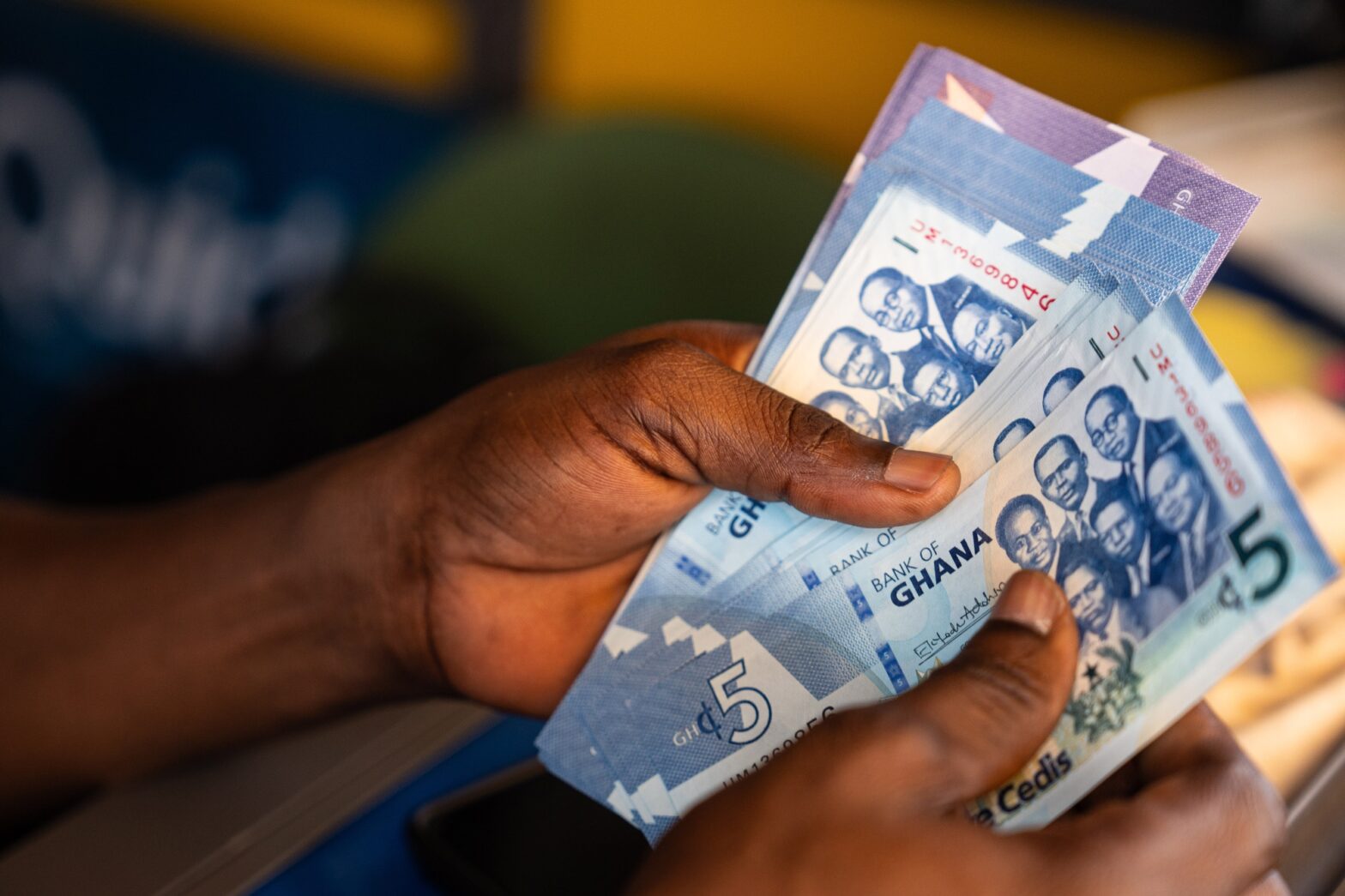
Inflation remains stubbornly high in the cocoa-producing West African nation, well above the government’s targets.
